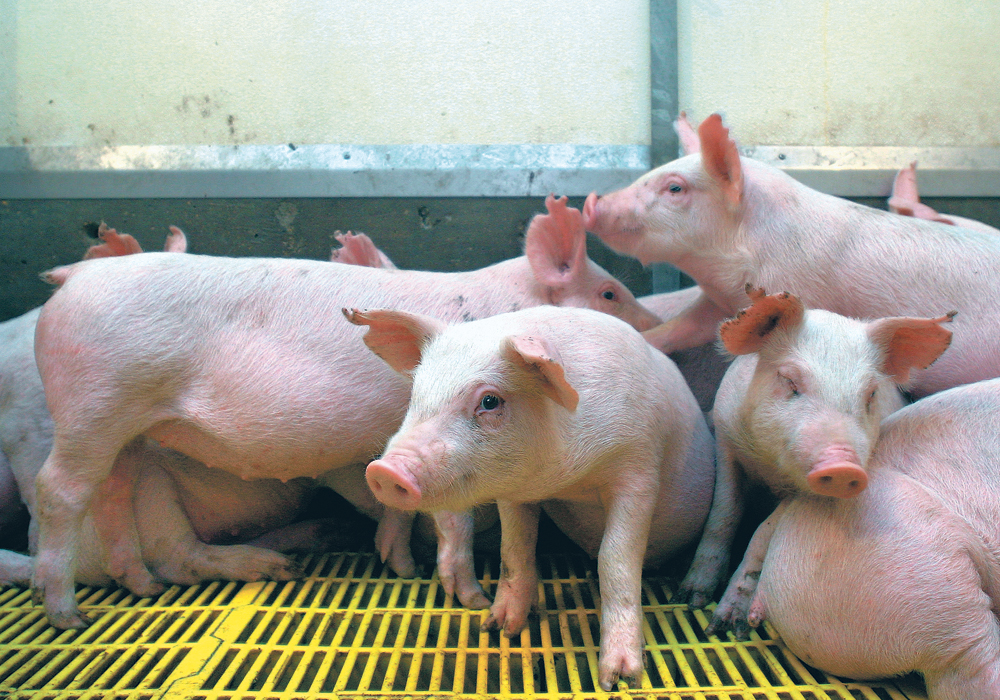A central Alberta resident diagnosed with a type of influenza typically found in pigs has recovered from the illness and is considered to be an isolated case.
Dr. Deena Hinshaw, Alberta’s chief medical officer of health, said Nov. 4 that it is the first reported case in Canada of a person getting this particular flu, called influenza A (H1N2)v. Worldwide there have been only 27 cases since 2005, all connected to direct or indirect contact with pigs and none have led to “sustained human to human transmission.” The flu strain is not easily transmitted between people.
Read Also

Pakistan reopens its doors to Canadian canola
Pakistan reopens its doors to Canadian canola after a three-year hiatus.
“Influenza viruses that normally circulate in pigs including H1N2 can infect people, although this is not common,” said Hinshaw.
The case was detected in mid-October when the affected person sought medical care with signs of flu.
“The patient experienced mild symptoms, was tested and then quickly recovered,” said Hinshaw.
“There was no evidence at this time that the virus had spread further.”
However, cases of a non-seasonal flu strain must be reported under international health regulations, Hinshaw said, and it was released publicly in the interests of transparency.
An investigation is underway to determine the source and verify that no spread has occurred, Hinshaw added. Optional flu testing will be offered to residents in parts of central Alberta if they come for COVID-19 testing at an Alberta Health Services assessment centre.
“There is no evidence of risk to the public. H1N2 is not a food-related illness. It is not transmissible to people through pork meat or other products that come from pigs. There is no risk associated with eating pork.”
Dr. Keith Lehman, Alberta’s chief veterinarian, said the investigation so far has revealed some potential sources that are being checked. However, influenza among pigs is not unusual in any operation here or around the world.
“It is a virus that is not uncommon in our swine populations,” said Lehman. “Typically when we do have influenza in our swine populations, it’s actually not even uncommon for it to be in a herd and not show any signs of clinical disease. But when it does show up, typically it’s pretty mild.”
He said this particular strain of influenza has become more prevalent in recent years but is not considered a major threat. Biosecurity measures typical in swine operations also limit the risk of spread to other farms.
Contact barb.glen@producer.com
















